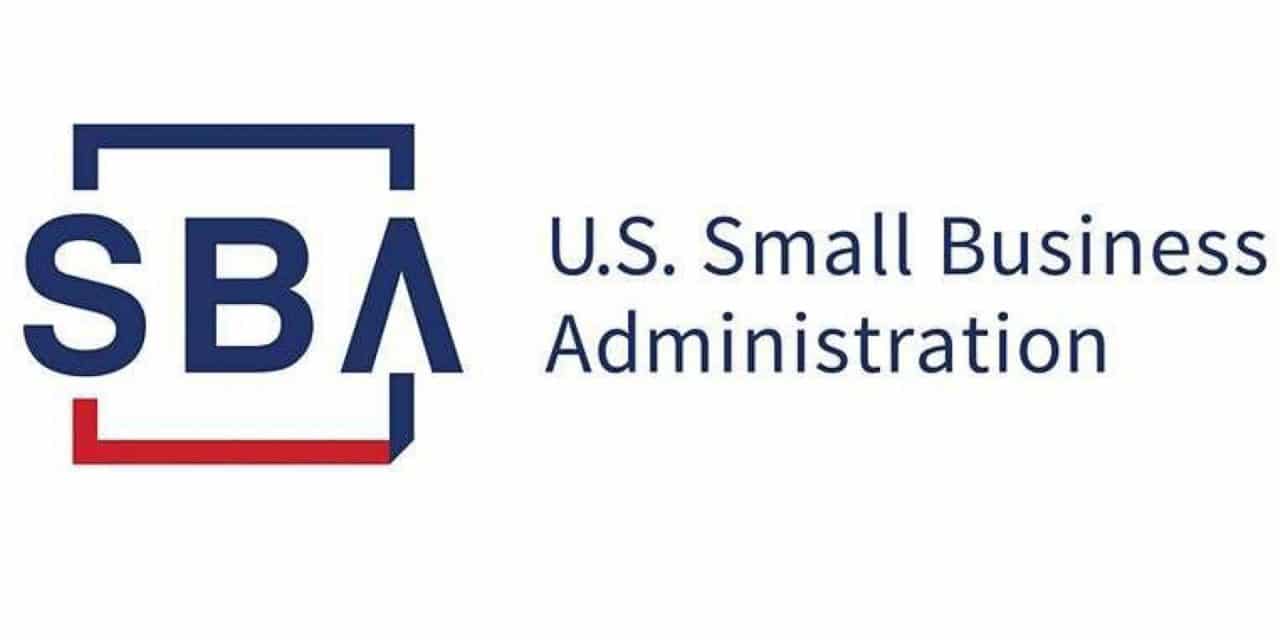Representatives write letter demanding answers about funding delays
As those eligible for relief from the Shuttered Venue Operators Grant and Save Our Stages inclusions in the pandemic stimulus packages signed into law in December await the opening of the application process, the Small Business Administration has updated its SVOG Frequently Asked Questions documentation and legislators have begun demanding answers from the SBA about the wait.
The document clarifies questions many have about Paycheck Protection Program and SVOG money and, while not legally binding, appears to provide at least some guidance for navigating the process.
For example, those who have received PPP loans are not eligible to apply for SVOG funding until and unless their initial application was declined, and the only way an operator can be released from a PPP request is if the SBA rejects it. In other words, an applicant is not able to rescind or reject PPP in order to apply for SVOG.
In addition, operators may not apply for PPP and SVOG simultaneously. If rejected for one, the applicant becomes eligible to apply for the other, making it imperative that applicants make informed business decisions about which program is most likely to best benefit them.
Another common question, according to Bandit Lites CEO Michael Strickland, is whether a mobile, portable or touring facility qualifies for an SVOG. The answer is yes, Strickland says, including tent shows such as circuses and festivals that meet space-related requirements in the Economic Aid Act. Defined performance and audience spaces, lighting rigs and so on will be considered SVOG-qualifying venues.
Among the questions Strickland says he has fielded most often is whether a theatrical production management business or performing arts organization operator may qualify.
As for theatrical production management, “A theatrical producer may be eligible to apply for an SVOG even if less than 70% of its revenue came from cover charges or ticket sales. Under the Economic Aid Act, it also may be eligible to apply if, as its principal business activity, it has production tickets available for public purchase an average of not less than 60 days before the performance date.”
A performing arts organization operator is “any entity (including a theatrical management business) that meets the criteria established under the Economic Aid Act and whose principal business activity is to create, produce, perform and/or present live performances for audiences in qualifying venues, including amphitheaters, concert halls, auditoriums, theaters, clubs, festivals and schools,” Strickland says.
Strickland, who has been working closely with legislators and others to aid the live business from the beginning of the COVID-19 crisis, stresses that while the FAQ isn’t a legal document and his advice is based on the information in it, the document does provide an improved road map for venue operators over what was previously available.
The delay in paperwork, including applications, from the SBA has prompted many in the industry, in addition to Strickland, to contact their representatives, as every day the release of money is delayed means the closer some endangered venues are to closing.
One such effort resulted in a letter from three representatives to Tami Perriello, SBA’s acting administrator. Signed by Rep. Nydia Velazquez of New York, a Democrat and chairwoman of the House Small Business Committee, and Republicans Blaine Luetkemeyer and Roger Williams, ranking and vice ranking members on the panel, the letter says, “Even though this bill was signed into law over eight weeks ago, the application has yet to be released to the public and there is no timetable on when those struggling businesses will begin receiving those grants.”
They asked what is causing the delay in releasing SVOG applications to the public, when businesses will be able to apply once they receive the applications, what the expected timeframe is from the SBA’s receipt of application to funding distribution, and how Congress can work with the SBA to “ensure the agency has the tools or resources to get this program up and running as quickly as possible.”
Strickland says he is also contacting senators and representatives and urging them to write letters to the SBA as well as the Department of Treasury, and notes that once received, at least the SBA “must respond to the elected officials.”
This story was first posted on Pollstar.com.







